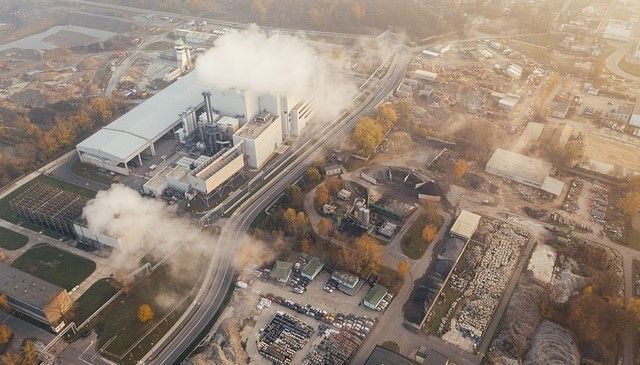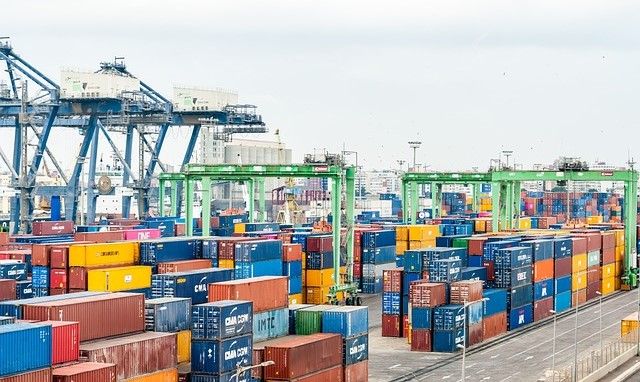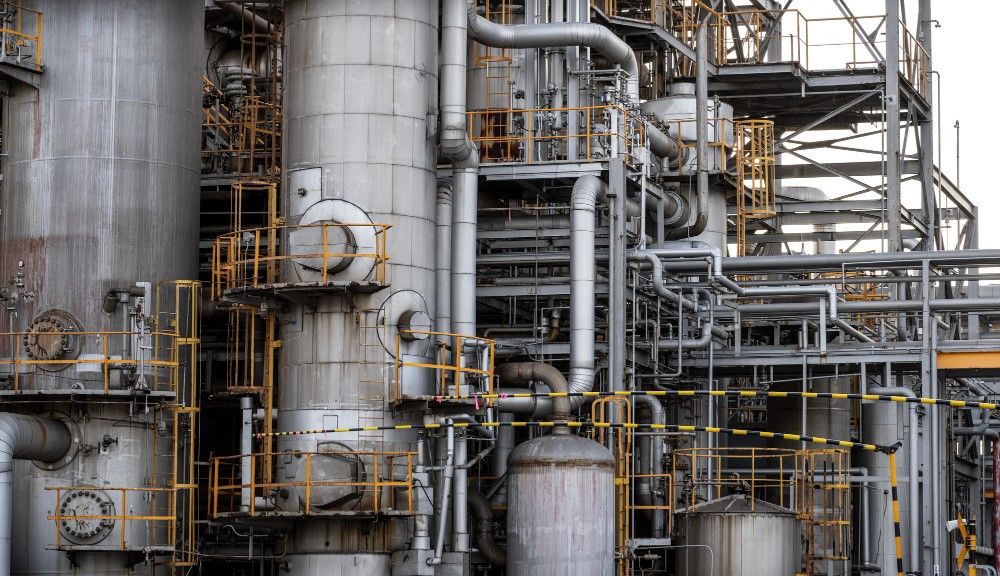It is a commonly held belief that the chemical industry is a research-focused hub of learning and technological advancement. Chemical company success is often seen as the result of innovation and the creation of new products based on research that solve basic needs.
While in some areas, such as the pharmaceutical sector, huge funding has produced an array of new products which have improved life expectancies through advanced medical treatments. In other fields, such as fertilizer production, animal feed additives, and fossil fuel-based plastics, progress has been slow. This is despite an urgent need for solutions in these sectors.

Fertilizer production is still based on the Haber-Bosch process (discovered in the early 20th century). A part of the chemical industry which produces 5% of global carbon emissions while polluting waterways with eutrophication from an inefficient application method. In the same way, plastic waste has become a problem of our age, with huge political and public demand for a solution, yet markets still lack a decent compostable plastic product.
While the recent surge in gas prices caused much of Europe’s chemical industry to move away from Russian gas as both a feedstock and as an energy source, the problem was largely solved by importing LNG in ships, across the ocean, from America. Meaning that wherever to go in the world, fossil fuels still provide the lion’s share of chemical industry feedstock and energy supply, despite the pressure to innovate and solve the issue of climate change.

In a world full of global shortages for food, energy, and clean water, and massive problems with air quality, carbon emissions, and plastic waste, the planet, its population, and its markets need solutions now more than ever.
“The world urgently needs to bring revolutionary change to the chemicals industry, both to meet the needs of rapidly changing global communities and to take advantage of the unprecedented speed of technological development,” notes a recent report on the chemical industry from the McKinsey and Sons consultancy. “Each of these challenges requires significant innovation—from, for example, plant-based chemicals and biodegradable polymers to advanced battery materials and ionic liquids.”
In 2022, China accounted for 44% of global chemical production, yet despite this economic dominance the sector does little in the way of innovation. Instead, it is well known more for its success in basic chemicals and for designing generic replacements based on western research.

The chemical industry has long been a cornerstone of modern society, providing essential products and raw materials for a wide range of applications. However, when it comes to innovation, it is possible to say that the industry has not kept pace with other sectors in terms of technological advancements and creativity.
One of the main reasons for this perception is the industry's heavy reliance on traditional methods and processes. This means that many chemical companies continue to use outdated technologies and practices - limiting their ability to develop new and groundbreaking products.
At the same time, the industry's focus on large-scale production and cost efficiency can sometimes stifle innovation, as companies are hesitant to invest in novel or unproven ideas. The result is a chemical industry still reliant on fossil fuels as both a feedstock and as an energy source.
Part of the problem lies outside of the chemical industry’s influence, as chemical companies remain hindered by the regulatory environment. Strict environmental laws and safety standards can make it difficult for chemical producers to experiment with new materials or processes, leading to a more conservative approach to product development.

Resolving this issue will not be an easy fix. Billions of dollars of investment is already spent each year on researching new products, with healthy returns on investment possible. However, a more harmonised approach is needed across a chemical company’s entire operation towards innovation, rather than a heavy focus on R&D to make a breakthrough discovery.
Changing the situation and re-invigorating the chemical industry with innovation should involve focusing on the following:
1. AI-assisted research. The use of advanced technology to streamline current processes and speed up the discovery of new chemical products could be the boost the sector needs.
2. Decentralized chemical production. By focusing on smaller units or allowing for more autonomy for plant management, could instil the freedom needed to initiate novel approaches.
3. Investment in process innovation. In a survey of 200 senior leaders of North American chemicals companies, McKinsey consultants found that improving industrial chemical processes was deemed the most critical theme, “with 90 percent of investors and 97 percent of industry leaders planning to invest more than $50 million.”
With this in mind, the investment community should push for more innovative ideas and products.
The lack of innovation in chemical companies is a concerning issue that needs urgent attention. Despite the significant advancements in technology and research, many chemical companies have failed to keep up with the pace of innovation in other industries. This lack of innovation not only hinders the growth and competitiveness of these companies but also poses a threat to the environment and public health.
Addressing the lack of innovation across the chemical industry will require a concerted effort from all stakeholders. By prioritizing innovation and sustainability, chemical companies can not only stay competitive in the market but also contribute to a healthier and more sustainable future for all.
You may also enjoy: How AI Really Benefits Industrial Chemical Production and Supply or How Big Chem is Re-thinking Raw Material Supply Logistics
Photo credit: Marcin from Pixabay, postcard trip, djedj, 51581, & Freepik